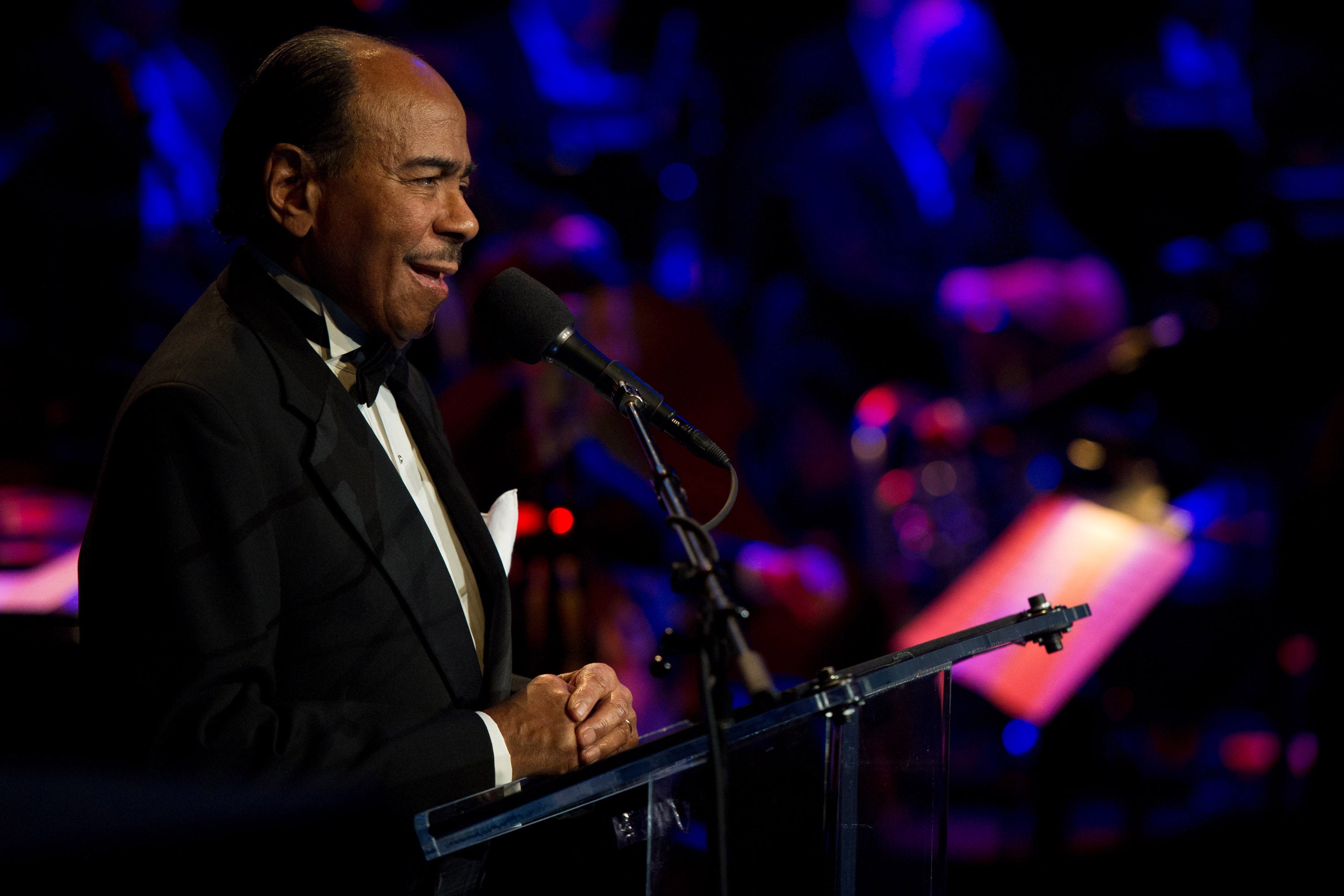
That partnership with Blakey led to some notable tracks in Golson’s catalog, including ‘Blues March,’ and the aforementioned ‘Along Came Betty.’
“I told him you need some new material,” Golson said. “He was playing the same things over and over again…I didn’t know that mine was going to be great or anything, but at least [it was] new material.”
Many of the tunes Golson composed over the years became jazz standards, most notably “I Remember Clifford,” written in honor of trumpeter Clifford Brown, who died in a car accident at 25. Golson’s tracks were also performed by many jazz luminaries, including Miles Davis, who recorded “Stablemates,” and Quincy Jones, who performed a version of “Killer Joe.”
Golson also composed for many Hollywood feature films and television shows, including MASH, Mission: Impossible and The Partridge Family. While pursuing compositions in Hollywood, he stopped taking offers for jazz gigs because he wanted to be known as a composer rather than a “bebopper.”
“My time was not my own,” Golson said. “I became a slave. That’s a paradox, you know I left jazz to go to something I wanted to do and it was all right for a while. The money was good — but it wasn’t about money in the end. I just didn’t have the kind of freedom that I wanted.”
Golson found his freedom through the latter half of his seven-decade jazz career, performing and writing well into his 90s until his death following a brief illness, according to Jason Franklin, his longtime agent.
Golson was one of the final two living subjects in “A Great Day in Harlem,” a photo taken in 1958 featuring himself alongside jazz icons such as Coltrane, Gillespie, Count Basie, Charles Mingus, Sonny Rollins and countless others. The photo ultimately served as the plot point for the Steven Spielberg directed film, “The Terminal,” starring Tom Hanks, which Golson also performed in.
Golson leaves behind his wife, Bobbie Golson, daughter Brielle Golson and several grandchildren. Three sons preceded him in death.

إرسال تعليق